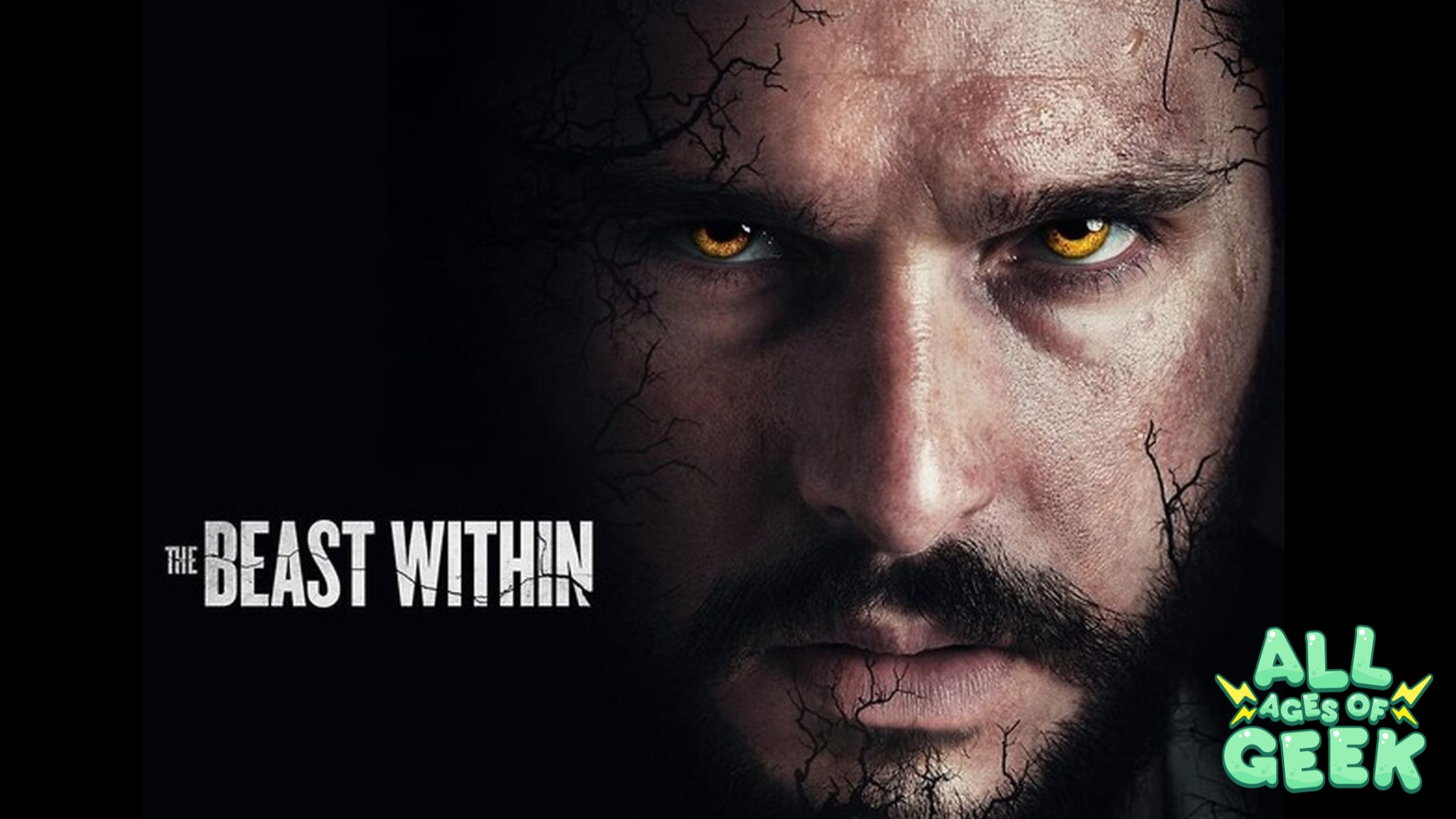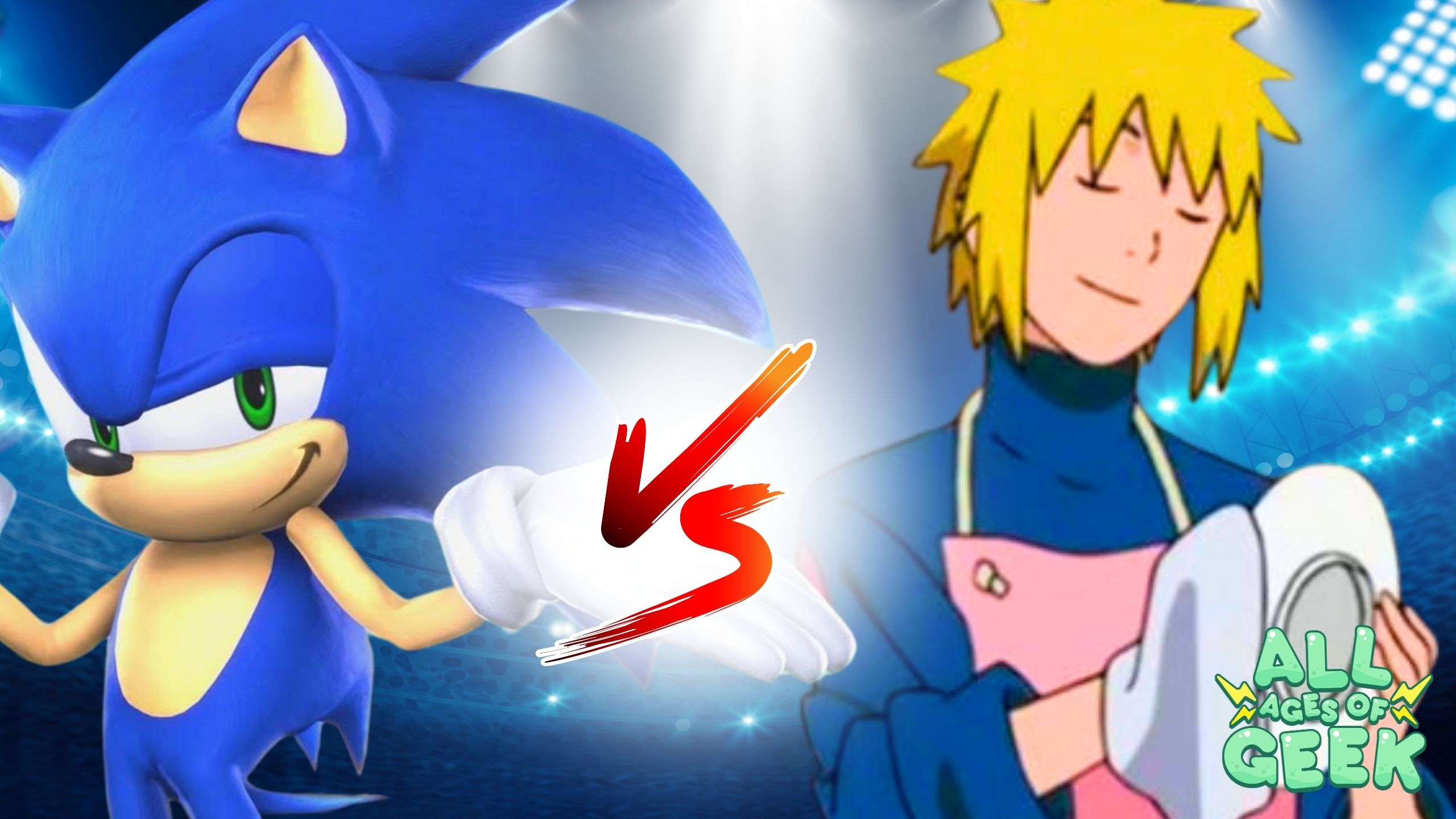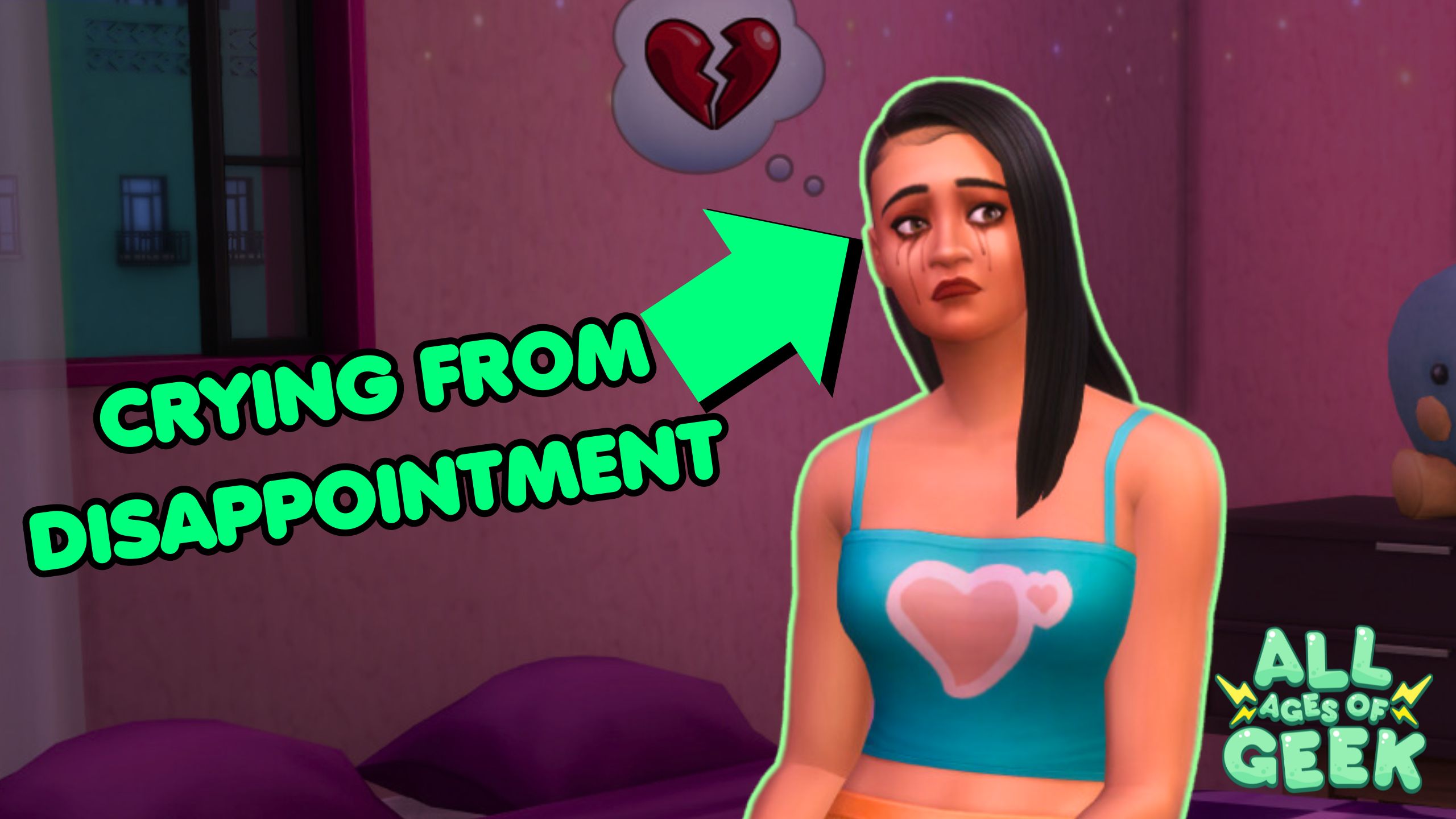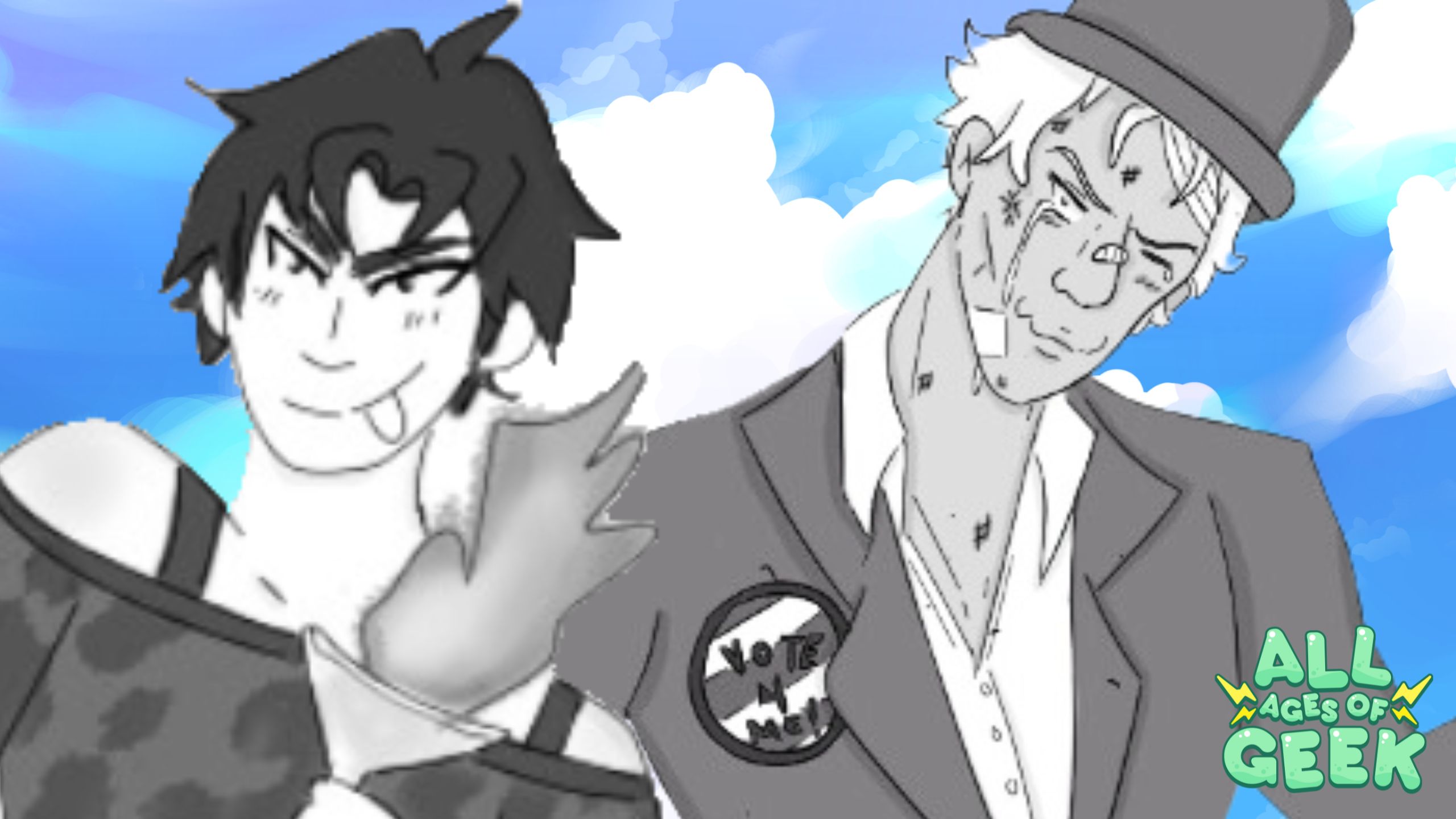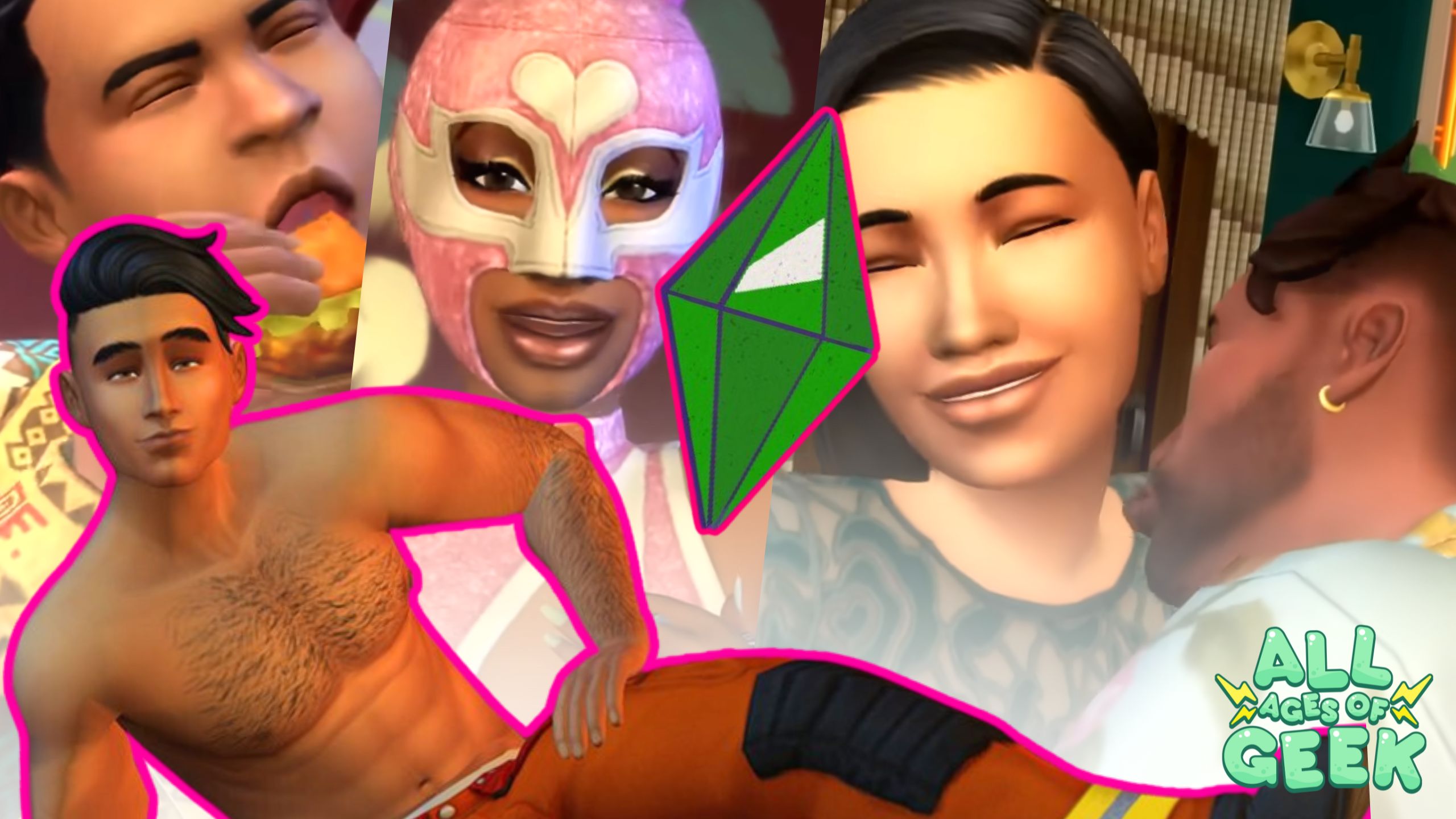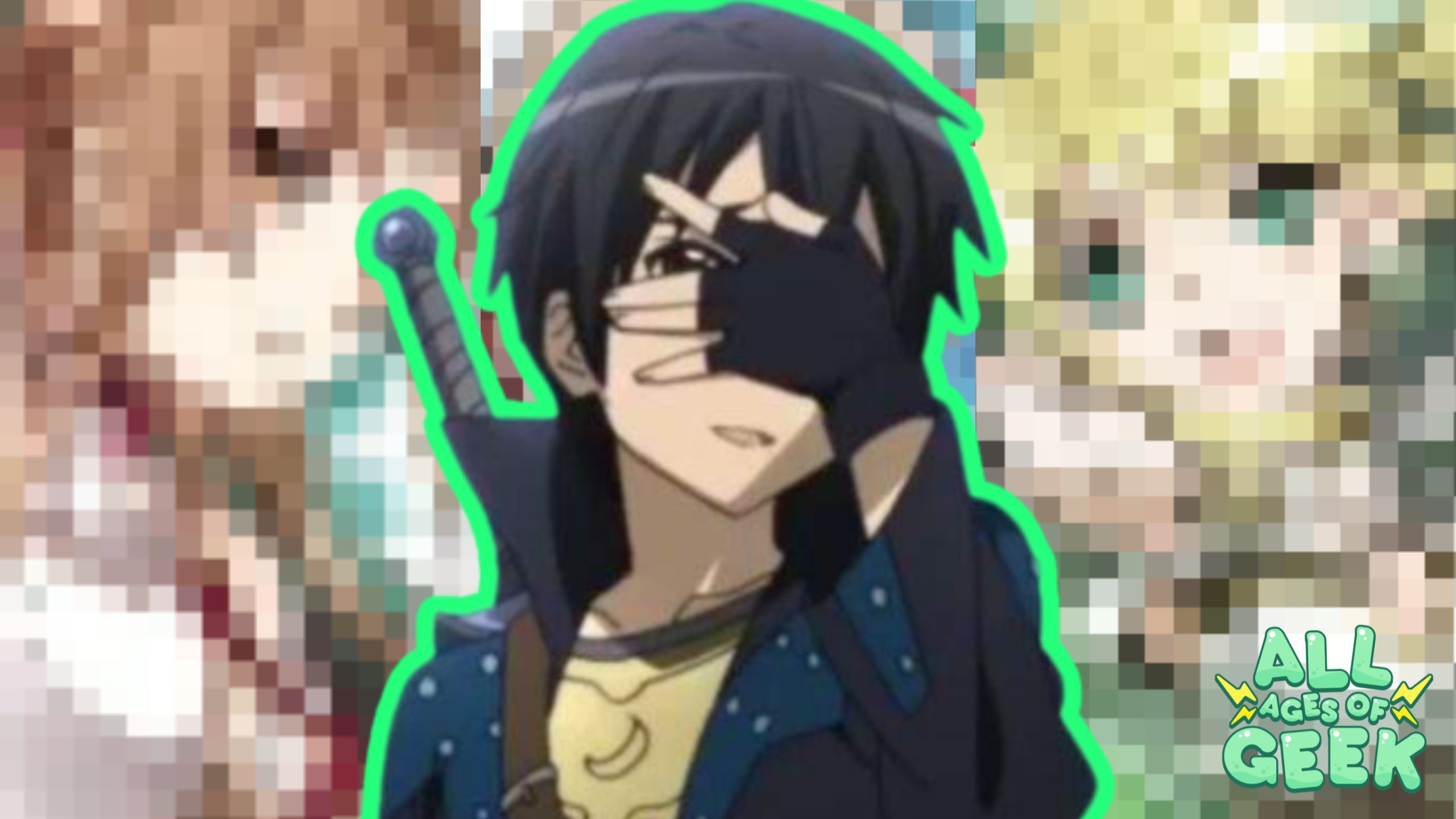The “Dragon Ball” series, created by Akira Toriyama, has cemented its place as one of the most influential manga and anime series worldwide. From the original “Dragon Ball” to “Dragon Ball Z” (DBZ) and now “Dragon Ball Super” (DBS), each iteration has attracted both acclaim and criticism. While the term ‘ruined’ is subjective and often contentious among fans, there are several elements within the franchise’s evolution that have sparked debate regarding its direction.
Power Scaling and the Loss of Strategy
One of the most discussed aspects of “Dragon Ball’s” evolution is the issue of power scaling. Early in DBZ, battles were not just about brute strength but also about tactics and technique. As the series progressed, especially in later DBZ and into DBS, the focus shifted toward achieving newer and higher levels of power. This escalation led to a scenario where strategic combat was often overshadowed by sheer power levels, which some fans feel undermined the complexity and suspense of earlier battles.
Overemphasis on Saiyan Characters
The Saiyan heritage of Goku and Vegeta took center stage as the series progressed, with other beloved characters from the original “Dragon Ball” being relegated to the sidelines. Fans of characters like Krillin, Tien, and Piccolo have voiced their disappointment at seeing these fighters become less relevant to the central narrative, feeling that the series lost some of its ensemble appeal.
The Revival of Characters
The repeated revival of characters through the Dragon Balls reduced the impact of death, which originally served as a significant plot device and emotional catalyst. The tension and stakes of major battles were diminished when death became a reversible consequence, making some story arcs feel less consequential.
Inconsistent Tone and Storytelling
The tonal shifts between DBZ and DBS have also been a point of contention. While DBZ was known for its intense drama and darker themes, DBS sometimes adopts a lighter, more humorous tone, which hasn’t resonated with all fans. Additionally, the story arcs in DBS have at times been perceived as less cohesive compared to the epic sagas of DBZ.
The Challenge of New Content
With any long-standing series, producing new content that remains true to the essence of the original while also evolving with the times is a formidable challenge. Critics argue that some of the new elements in DBS, such as alternative universes and divine beings, have complicated the universe unnecessarily, moving away from the simpler adventure and combat narratives that defined the early days of “Dragon Ball.”
Subjective Views on ‘Ruination’
It’s crucial to acknowledge that what may be considered a ‘ruination’ by some could be seen as a positive evolution by others. Newer fans or those who appreciate the changes may find the latest developments in DBS to be a refreshing take on the series. The franchise has always been dynamic, pushing the boundaries of its universe and often, the expectations of its audience.
The perception of what may have ‘ruined’ “Dragon Ball” varies greatly among its fanbase. While some lament certain changes in storytelling and character development, others embrace the new directions as innovative. As with many long-standing franchises, “Dragon Ball” has had to balance the nostalgia of its longtime fans with the need to evolve and attract new audiences.
This balancing act is rarely without controversy, but it is also a testament to the enduring impact and love for the world Toriyama has created. The discussions and debates it sparks are, in many ways, a reflection of the passion and investment of the “Dragon Ball” community.




